Libertyville, Illinois, is a village steeped in history, tracing its origins back to the early 19th century. Established first by settlers in the 1830s, its identity has been shaped by the passage of time and the steady growth typical of American townships. Initially part of the Illinois Territory, the village has since become an integral Lake County component.
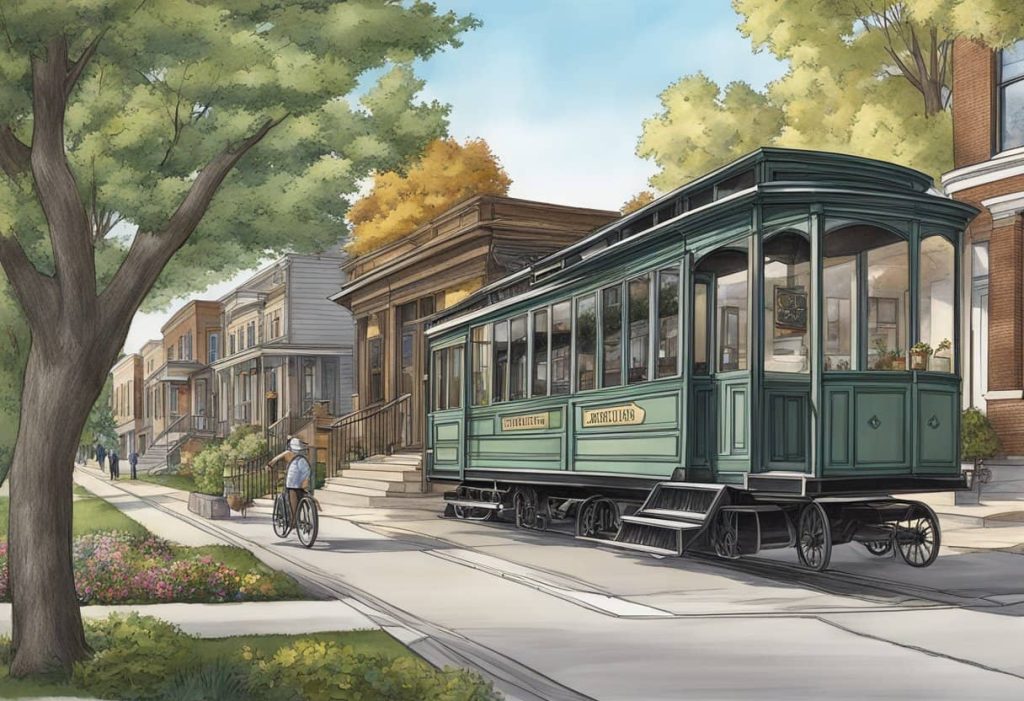
As part of the progression of Lake County, Libertyville witnessed several name changes and developments. It emerged formally as a community within the county when it was officially founded in 1836, making it over 180 years old. Libertyville holds a significant place in the area’s fabric, having served as the county seat before it was moved to Little Fort, now known as Waukegan, in 1841. This distinction is a testament to the village’s early importance within Lake County, even as it reassumed its current name following the relocation of the county’s administrative center.
Present-day Libertyville offers a glimpse into its rich past through its well-preserved historic downtown and established residential neighborhoods. Serving as a market and service center for central Lake County, it remains a vibrant testament to the region’s history, all while continuing to craft its trajectory as part of the Chicagoland suburban landscape.
Historical Context of Libertyville
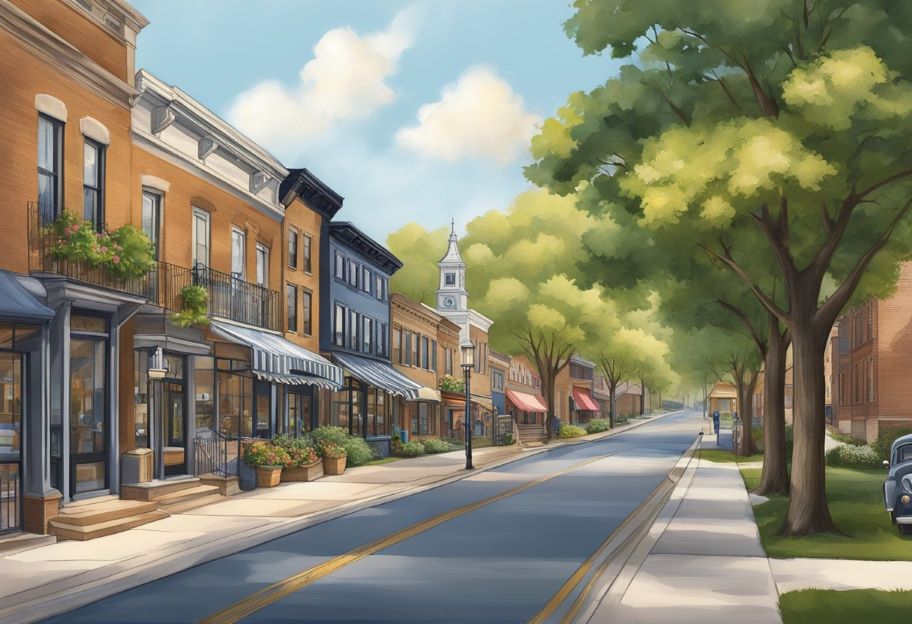
Libertyville, Illinois, has a rich history that dates back to the early 19th century. Its origins and subsequent development reflect the broader narrative of American frontier expansion and civic growth.
Early Settlement and Development
Libertyville’s journey as a community began in the early 1830s when English settler George Vardin and his family established an area originally known as “Vardin’s Grove.” The settlement experienced a name change to “Independence Grove” during Independence Day celebrations in 1836. However, this name was short-lived. By 1837, the community had evolved into the Village of Libertyville, and in 1839, it was temporarily renamed “Burlington” when it became the county seat of the newly created Lake County.
It wasn’t until 1841, after the county seat moved to Little Fort (now Waukegan), that the village reclaimed its enduring name, Libertyville. As settlers continued to arrive, the village experienced growth and expansion, further cementing its place in local history.
Recognition and Preservation
Libertyville has shown a commitment to preserving its history throughout the years. One key figure in the town’s architectural history was David Adler, an influential architect whose contribution significantly shaped local aesthetics. The Ansel B. Cook House, a notable landmark constructed in the late 1860s by Ansel Brainerd Cook, stands as a testament to Libertyville’s historical architectural landscape. This house, which served as a focal point on Cook’s horse farm, is now preserved as a museum, administrated by the Libertyville Historical Society.
Additionally, Libertyville’s historical significance is recognized through its listings in the National Register of Historic Places. Multiple sites within the village have been preserved and continue to be points of interest for both residents and historians. The concerted efforts of organizations like the Libertyville Historical Society ensure that local history is not only preserved but also shared with the public, maintaining Libertyville’s historical narrative for future generations.
Demographics and Culture
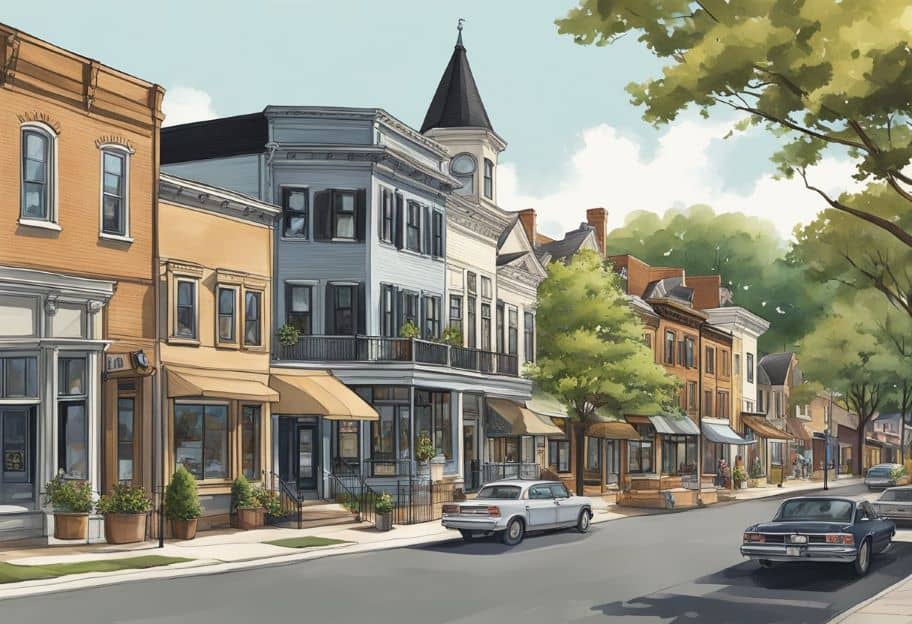
Libertyville, Illinois, is characterized by a diverse and culturally rich community, reflected in its population statistics and variety of cultural landmarks. With an emphasis on family-oriented activities, the village prides itself on its historic sites, outdoor recreation, and local festivities.
Population Insights
As of the 2021 data, Libertyville’s population had grown to approximately 20,616 people. This marked a modest increase from the 20,300 residents reported in the 2020 census. The community displays a median age of 42.1, indicative of a mature and family-centric demographic.
- Population (2021): 20,616
- Growth (2020-2021): 1.56% increase
- Median Age: 42.1 years
- Median Household Income (2021): $153,674
The population’s modest growth supports a stable and thriving community, with its economic indicators such as median household income showcasing the general well-being of its residents.
Cultural Landmarks and Recreation
Libertyville plays host to a vibrant cultural scene, featuring a range of restaurants and pubs that cater to diverse tastes, reinforcing the community’s rich culture.
Notable Cultural Landmarks and Recreation Areas:
- Independence Grove Forest Preserve: A major attraction, offering extensive outdoor activities such as fishing, hiking, and bird viewing.
- Lambs Farm: Dedicated to empowering people with developmental disabilities, this non-profit organization provides jobs, and it’s also a local point of interest for its petting zoo and country-style dining.
Culinary Scene:
- A variety of restaurants offer everything from farm-to-table fare to international cuisines.
- The presence of cozy pubs underscores the town’s friendly and communal spirit.
Libertyville maintains a careful balance between preserving its historical essence and embracing contemporary cultural practices. Its community engagement through local landmarks and recreational resources makes it a vibrant place to live and visit.
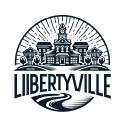

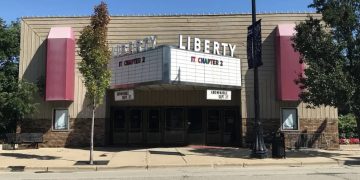



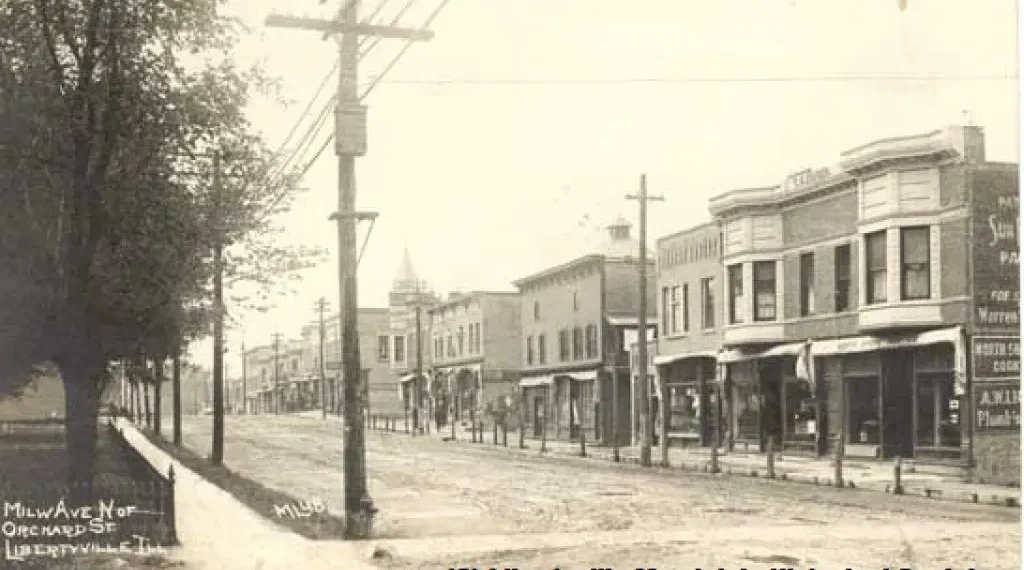
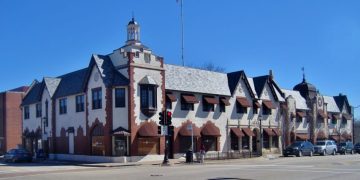

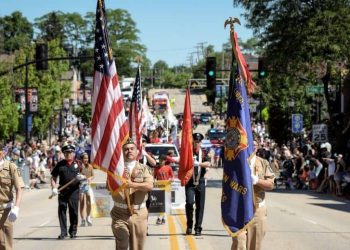
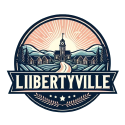
Comments 1